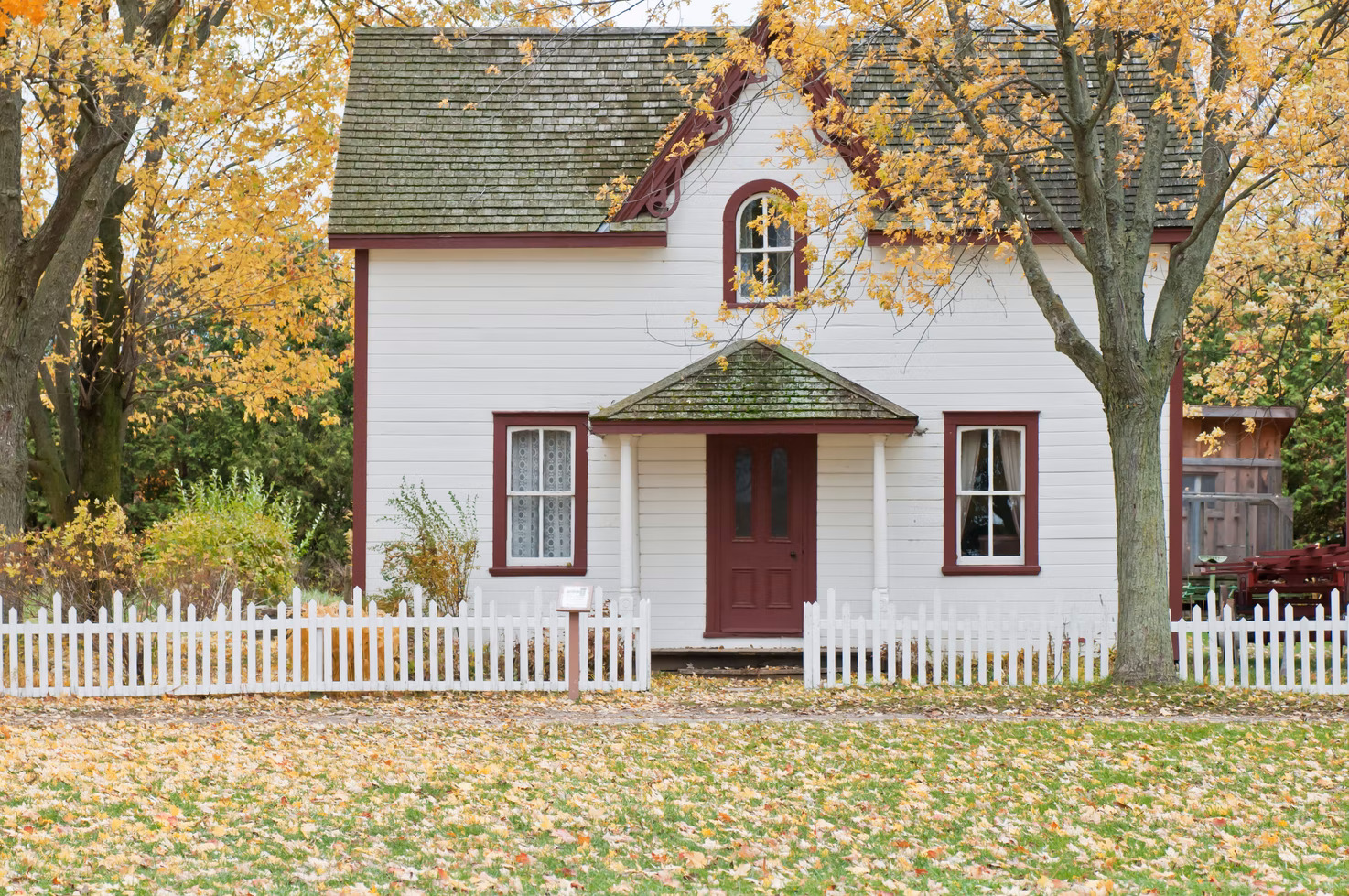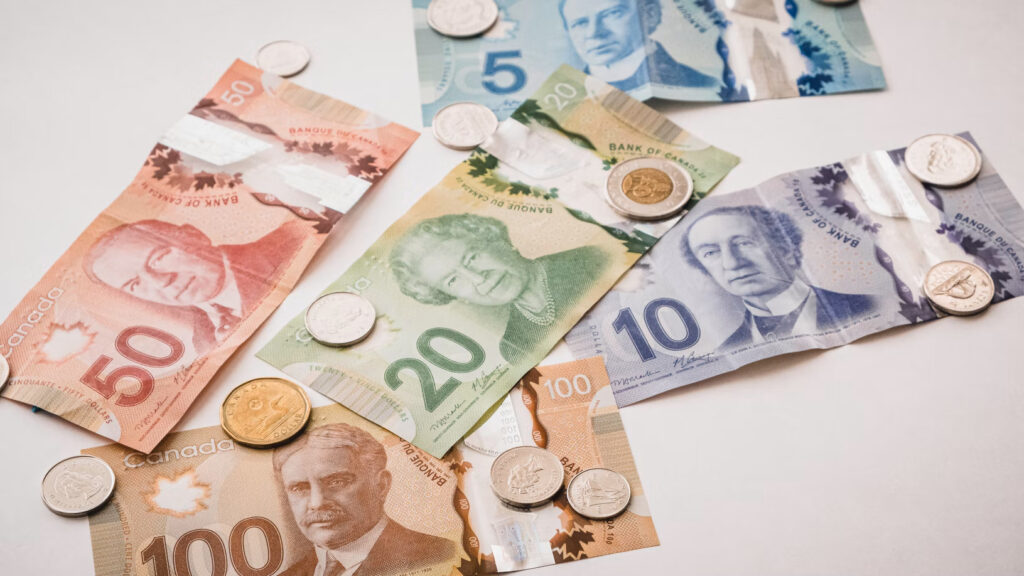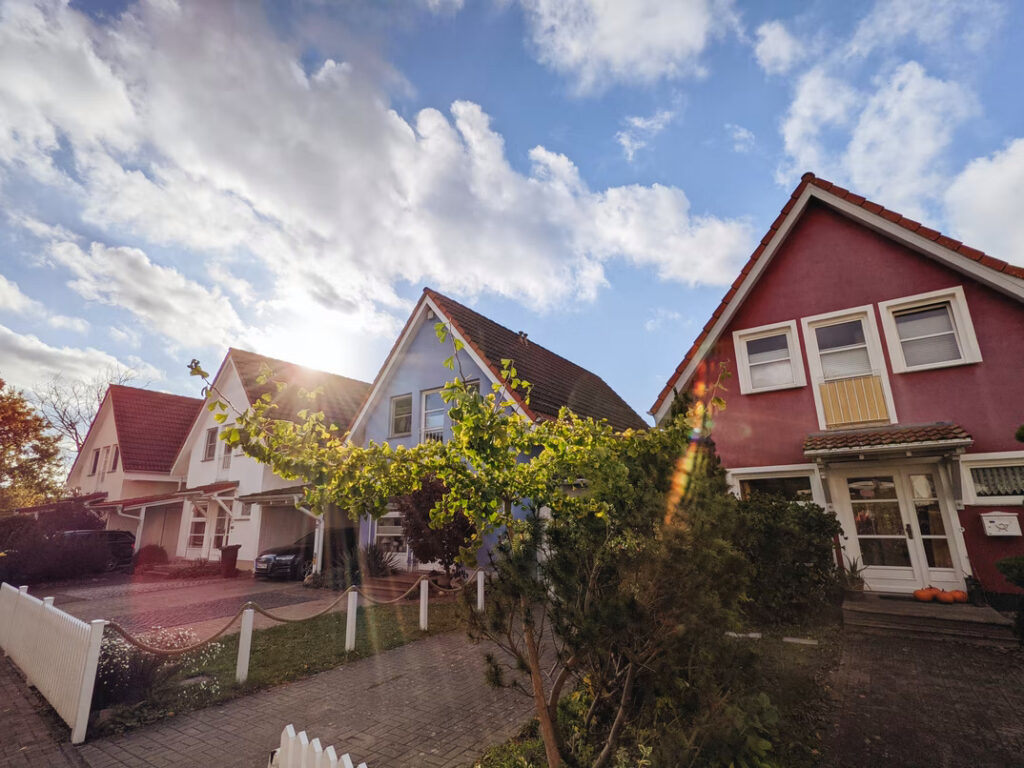
08 Jul Can You Use A Reverse Mortgage To Purchase A Home?
Many older Canadian homeowners may have built up substantial equity in their homes, paying off all of most of their home loans. As they get older, they may wish to use the equity of the home for things like retirement accommodations, health care needs, a child’s university tuition, or even a second home.
Applying for a reverse mortgage may allow senior homeowners to purchase another home, either downsizing to a condo, buying their dream vacation home, or even helping their adult child purchase their first home. If you are interested in these possibilities, learning more about reverse mortgages, and securing the advice of a professional mortgage broker like John Antle, can help.
What Is A Reverse Mortgage?

Reverse mortgages (referred to by some as a home equity conversion mortgage (HECM)) are a form of loan that allows Canadian homeowners aged 55 and older to borrow money backed by their home’s value, like a line of credit. Unlike a traditional mortgage, in which homeowners borrow money for the house and make regular monthly mortgage payments, reverse mortgages aren’t installment loans but instead only need to be repaid when the house is sold, or the borrower dies.
How Do Reverse Mortgages Work?

In a reverse mortgage, the lender makes payments to the homeowner, instead of vice versa, either in monthly installments or a lump sum all at once, or a combination of a smaller sum and smaller monthly payments.
The house itself is the collateral for the loan, just as in regular mortgages. The loan is due when the homeowner sells the house or passes away. Typically, the proceeds from the home’s sale may be enough to pay back the reverse mortgage, including associated interest, fees, and any upfront mortgage insurance premium that may have been a condition of the loan.
Reverse Mortgage Stipulations
Although you may be able to borrow up to 55% of your home’s value in a reverse mortgage, you don’t have to borrow the full amount. You may only opt to borrow enough for a 20% down payment on a second home, for example, getting you a better interest rate and eliminating the chances of needing to secure mortgage insurance, too. You may be able to draw on the “line of credit” as you need it, and the interest that accrues is simply rolled into the overall loan balance.
Reverse mortgage borrowers don’t have to make payments unless they choose to sell the house or until all owners on the title pass away. If spouses co-own the home, for example, the surviving spouse won’t have to repay the loan when their partner dies.
How Can You Use a Reverse Mortgage to Purchase a Home?
Purchasing a first home
Some seniors may have lived in rental properties all their lives, and only at 55 may be in a position to purchase their first home. Rent prices may increase, and for retirees, owning a home may give them added security as they age. These individuals may wish to purchase a house for $200,000, putting up $110,000 of their own money and applying for a reverse mortgage for the other $90,000. They’ll have the security of not worrying about monthly house payments, too.
Downsizing
Some retirees have a larger home and then become “empty nesters,” and they may realize that their current house is too much to maintain. They may opt to purchase a smaller home or a condo and take out a reverse mortgage to help pay for it, either with a substantial down payment or even buy it outright. Then, they sell their larger house and use the profits from the HECM for purchase to repay that reverse mortgage and may even have some leftover to add to retirement investments or pay for other expenses.
Purchasing a vacation property or second home
Although this may not be the most common reason Canadian homeowners apply for a reverse mortgage loan, it may be an attractive option for retirees who enjoy traveling to a particular locale often. However, there is a caveat to having two homes: The place where the owner spends more than six months out of the year is considered their primary residence. Seniors who opt for this arrangement will need to ensure that they’re spending enough time home in Canada. Another benefit to using a reverse mortgage for a vacation home is the ability to rent it out when it’s not in use, thereby earning a guaranteed income supplement or selling it for much more when it appreciates.
Eligibility Qualifications For a Reverse Mortgage Application
Not everyone is eligible for a reverse mortgage. In Canada, the requirements for reverse mortgage loans are:
- The applicant must be a homeowner
- They must be at least 55 years old
- All individuals on the home’s title must be at least 55 years old to apply
Each lender may have slightly different requirements for applicants to receive the loan. Many lenders recommend that potential reverse mortgage applicants seek professional legal advice, someone with experience helping clients with mortgage renewals and reverse mortgages. Common things that a lender will ask for on the application include:
- The individuals registered on the title of the house and their ages
- Where you live – the address of the home
- The appraised value of the house, type of home, and its condition
- Paying the closing costs up front
Other Financial Considerations For Reverse Mortgages
The house must be the borrower’s primary residence, which, as we stated above, must be where you live more than six months out of the year. To qualify for a reverse mortgage, you’ll need to pay off any loans or lines of credit that the house is collateral for. Some lenders may assess a penalty if you pay off the reverse mortgage, so be sure to check on that.
Some borrowers may default on the loan if they:
- Use the monies received for illegal activity
- Lying or being dishonest on the application
- Allowing the home to fall into disrepair or decline, which lowers its value
- Not adhering to the requirements and conditions of the contract
There are a few other costs associated with a reverse mortgage. In many cases, a reverse mortgage interest rate will be higher than traditional mortgages, typically by 2-4%. Homeowners will also have to pay for an appraisal fee and any set-up fees the lender charges. They may also have legal fees for independent advice or have to pay closing costs. Some of these costs may be bundled into the principal of the loan, while others may be assessed up front. Some lenders may allow you to seek pre-approved mortgages for a reverse mortgage loan so that you can get an idea of your financial obligations.
Do You Need Help Securing a Reverse Mortgage?
If you believe you qualify for a reverse mortgage and want to learn more about the possibilities, contact John Antle today.
As one of British Columbia’s leading mortgage brokers, his team provides unbiased counsel provided by reputable and informed mortgage professionals and convenient financing processes for reverse mortgages. Whether you want to refinance your mortgage, get a pre-approved mortgage or learn more about second mortgages, John Antle can help.



Sorry, the comment form is closed at this time.